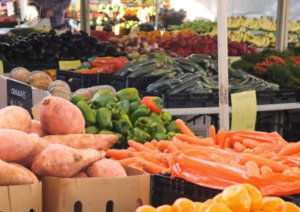The Australian Packaging Covenant Organisation (APCO) has completed its nationwide roadshow, providing a platform for industry to contribute insights and expertise towards the development of a systems-led approach to the 2030 packaging strategy. Pippa Corry of philo & co attended the Sydney session and summarised the key takeaways for PKN.
The event delved deep into the ongoing efforts to craft a visionary roadmap aimed at achieving the National Packaging Targets and boosting resource recovery from packaging through to 2030.
What was clear is that industry will have to embrace a mindset shift, we cannot continue to do things the way we always have if we want to make meaningful change.
The strategy outlined by APCO rests on four foundational principles:
o Transforming the packaging value chain
o Closing economic gaps
o Encouraging brand owners to take equitable and efficient responsibility
o Enhancing government systems with a single administrator
APCO stressed that shifting towards a circular system in packaging is a monumental task. It involves reimagining how we design, produce, use, and recover packaging.
While the Sustainable Packaging Guidelines (SPGs), recycled content and the phase out of harmful chemicals are fit for purpose, APCO says we can expect the 2026 mandates to build on these considerations further.
APCO also raised the all-important subjects of extended producer responsibility (EPR) and eco-modulated fees, noting that these will be key to driving industry-led change and investment across the packaging system.
The strategy highlights the importance of embedding systems to improve data collection and management.
APCO's open engagement with industry through the roadshows has given industry the opportunity to contribute insight and expertise towards the development of this strategy.
This is our collective opportunity to help inform the future of packaging in Australia, and now is our time to come together and change our course for the better.





